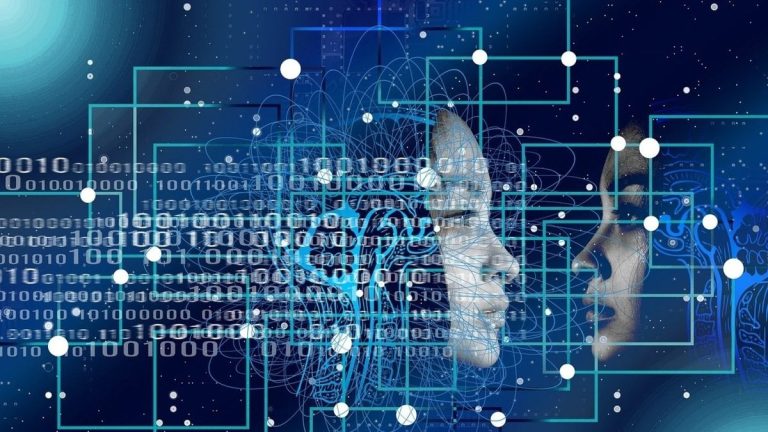In a world where the line between science fiction and reality is increasingly blurred, artificial intelligence (AI) is at the forefront of this transformation, promising unprecedented progress while posing new challenges.
From the courthouses of the United States to the research labs of Russia to the bustling digital marketplaces of India, AI is reshaping the landscape of our daily lives and work. As we stand on the cusp of this technological revolution, it becomes imperative to examine not only the potential of AI, but also the ethical dilemmas and practical challenges it introduces.
Justice Department embraces AI
The US Department of Justice, recognizing the double-edged sword that is AI, has named Princeton University’s Jonathan Mayer as its first chief AI officer. This strategic decision underscores a commitment to leveraging AI in federal law enforcement while navigating the complex ethical terrain it presents. According to Assistant Attorney General Lisa Monaco, the department aims to use AI to track down drug sources, sort through FBI information and synthesize evidence. However, this comes with a caveat, as there are serious concerns about the potential for security threats and discrimination from AI in elections. Monaco’s announcement, coupled with President Biden’s executive order on AI, signals a cautious but optimistic approach toward integrating AI into the justice system, aiming for a balance between innovation and ethical responsibility.
Global ethical concerns and innovations
As the United States grapples with AI in law enforcement, Google’s temporary shutdown of its AI model, Gemini, to generate images of people due to racial inaccuracies, highlights highlights the global challenge of AI bias. The move reflects growing scrutiny of AI’s potential to perpetuate misinformation and discrimination, highlighting the need for ethical considerations in the development and deployment of AI.
Conversely, at ITMO University, researchers are leveraging AI to streamline the synthesis of carbon nanoparticles for cancer diagnosis, demonstrating AI’s potential to revolutionize biomedical research. This innovative application of AI in healthcare illustrates the positive impact AI can have, offering hope for breakthroughs in disease diagnosis and treatment.
Emerging trends and calls for regulation
The rise of AI-powered customer experiences in India, as noted in an Adobe report, indicates a shift towards digital solutions, highlighting the continued importance of human interaction for complex tasks. Likewise, the adoption of AI by the telecommunications industry, with the partnership between Nokia and Nvidia, aims to improve the performance and efficiency of the sector. However, the growing call for regulation around deepfakes, highlighted by an open letter from AI experts and industry executives, and concerns from content creators about AI’s potential to replace job roles , highlight the growing ethical and practical challenges that AI presents.
Additionally, Microsoft’s collaboration with Intel to produce a homegrown processor using Intel’s manufacturing technology illustrates the innovations underway within the technology industry to harness AI capabilities responsibly. This initiative portends a future in which AI not only improves technological applications, but also does so with ethical considerations and societal impact in mind.


